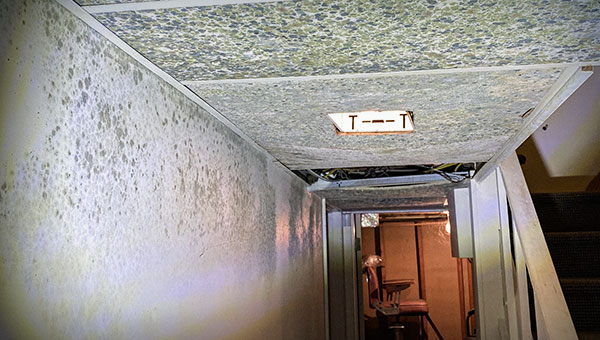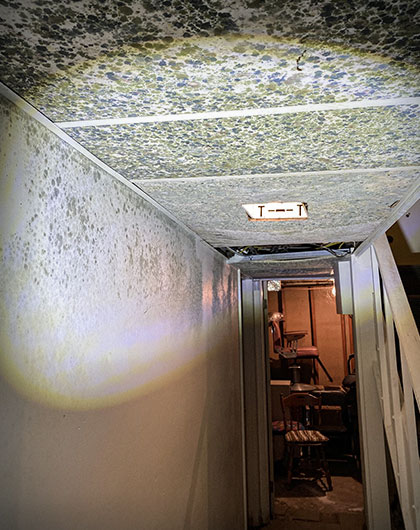
Are you seeing spots on your popcorn ceiling that don't look good? Most likely, it's mold. Popcorn ceilings, which are also called textured ceilings, are notorious for letting mold grow because they are weak and have a lot of moisture in them. If you don't do anything about it, mold growth can ruin the look of your ceiling and put you and your family at great risk of getting sick.
We will talk about everything you need to know about mold on popcorn ceilings in this article, including what causes it, how to spot it, and, most importantly, how to get rid of it.
A textured ceiling finish called a popcorn ceiling became famous in the middle of the 20th century. A spray of water, Styrofoam, and paint is used to make them. The paint gives the ceiling a bumpy and wrinkled look.
Some people used to think that popcorn ceilings were a cheap way to cover up ceiling flaws and give a room some style. But because they are weak and tend to hold water, they are perfect places for mold to grow.

Mold is a type of fungus that thrives in moist and warm environments. When it comes to popcorn ceilings, mold can grow quickly on a rough surface, especially if the room is damp or there is water damage. Not only does mold on popcorn ceilings look bad, but it can also make you sick with allergies, breathing problems, and even diseases.
It can be hard to see mold on popcorn ceilings at first look. It usually shows up as little black or green spots that look like dirt or grease. Mold can quickly spread and cover more of the roof, though, if nothing is done. If you think mold is growing in your popcorn ceiling, you should fix the problem right away before it gets worse.
There are several ways to get rid of mold on popcorn ceilings, but getting a professional mold removal service in Rockville, like FDP Mold Remediation is the best way to do it. Our experts have been dealing with mold problems for more than 20 years, and we use special tools and methods to make sure the mold is gone for good and won't come back.
A question we get asked a lot is whether bleach or vinegar can really kill mold on popcorn ceilings. These household items might have some mild antifungal qualities, but they aren't strong enough to remove all mold, and they might even damage the ceiling. For safe and complete removal, it's always best to let pros take care of mold removal.
After the mold has been properly fixed in your popcorn ceiling, it's important to take steps to make sure it doesn't come back. Here are some things you can do to keep mold from growing on popcorn ceilings:
If you live in Rockville, MD, and your popcorn ceiling is growing mold, don't wait to call FDP Mold Remediation of Rockville for professional and dependable mold removal services. Our team knows how to get rid of mold of any size or type, and they will make sure your home is safe and mold-free.
Mold on your popcorn ceiling will make your home look bad and make the air inside less healthy. You can trust FDP Mold Remediation of Rockville to get rid of it safely and effectively. Call us right now to set up a meeting, and we'll help you remove mold for good.



